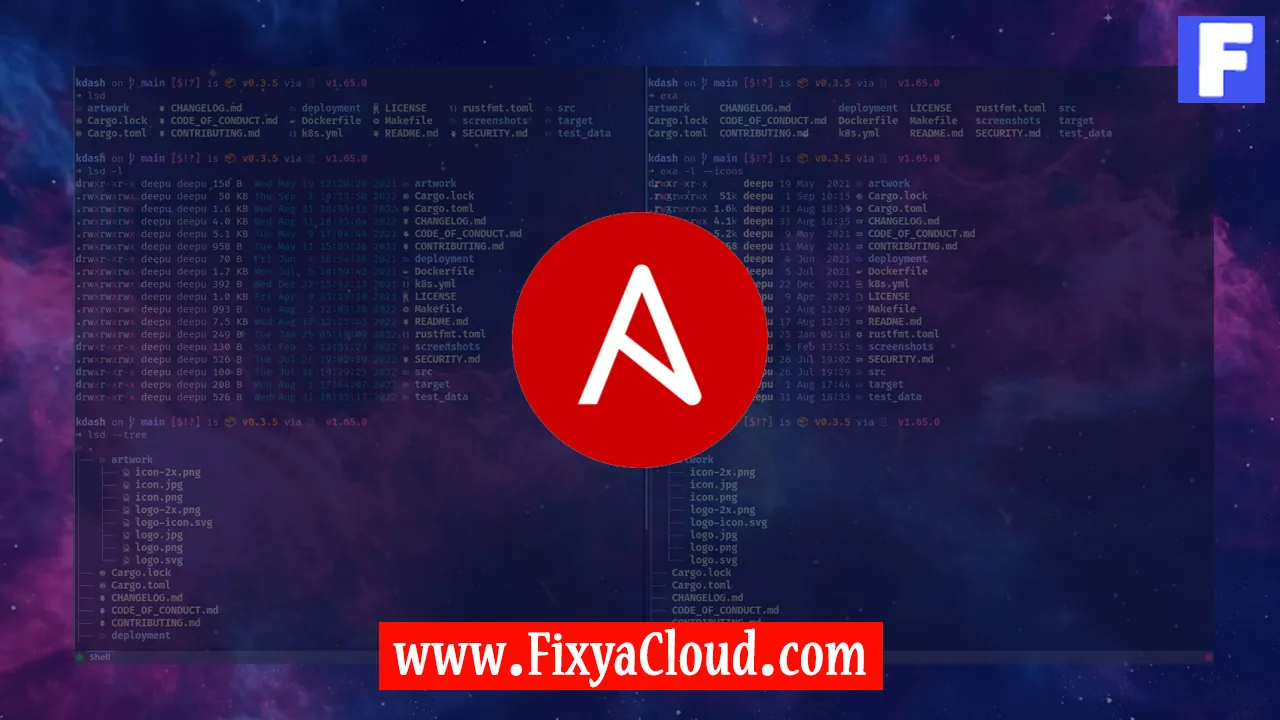Ansible and Docker: A Powerful Combination

In the ever-evolving landscape of DevOps and containerization, Ansible and Docker stand out as two powerhouse tools that, when combined, create a dynamic synergy. This collaboration enhances automation, simplifies deployment processes, and ensures efficient management of containerized applications. In this article, we will delve into the intricacies of using Ansible with Docker, exploring how this powerful combination can streamline your workflow and boost productivity.
Introduction to Ansible and Docker:
- Ansible: A configuration management tool that automates provisioning, configuration, and application deployment.
- Docker: A leading containerization platform that allows developers to package applications and dependencies into lightweight, portable containers.
Advantages of Combining Ansible and Docker:
- Seamless automation: Ansible automates the configuration of Docker environments, reducing manual interventions.
- Consistent deployments: Ensure uniformity across different environments, whether it's development, testing, or production.
- Scalability: Easily scale Dockerized applications with Ansible playbooks, accommodating growing workloads effortlessly.
Getting Started:
- Install Ansible and Docker on your machine using package managers or official installation scripts.
- Verify the installations using basic commands (
ansible --versionanddocker --version).
Ansible Modules for Docker:
- Explore Ansible's Docker modules (e.g.,
docker_image,docker_container) to manage Docker resources effectively. - Use Ansible playbooks to define the desired state of Dockerized applications, making configuration management a breeze.
- Explore Ansible's Docker modules (e.g.,
Docker Compose Integration:
- Learn how to use Ansible to orchestrate Docker Compose, simplifying the management of multi-container applications.
- Create Ansible playbooks to automate the deployment of complex Docker Compose setups.
Dynamic Inventory for Docker Containers:
- Leverage Ansible's dynamic inventory scripts to automatically discover and manage Docker containers.
- Dynamically update inventory based on the state of Docker containers, ensuring accurate configuration management.
Handling Secrets and Environment Variables:
- Securely manage sensitive information using Ansible Vault for Docker configurations.
- Integrate Ansible's capabilities to handle environment variables within Docker containers, enhancing security and flexibility.
Continuous Integration and Continuous Deployment (CI/CD):
- Integrate Ansible and Docker into your CI/CD pipeline for automated testing and deployment.
- Implement a streamlined workflow to build, test, and deploy Dockerized applications with Ansible automation.
Monitoring and Logging:
- Utilize Ansible to set up monitoring solutions for Docker containers, ensuring the health and performance of your applications.
- Implement centralized logging mechanisms for Dockerized applications using Ansible playbooks.
Scaling with Ansible Tower:
- Explore Ansible Tower for centralized management and scaling of Ansible and Docker environments.
- Simplify role-based access control, job scheduling, and logging with Ansible Tower.
So, the integration of Ansible and Docker offers a robust solution for modern development and deployment workflows. The automation capabilities of Ansible combined with the containerization benefits of Docker create a powerful tandem, streamlining processes, ensuring consistency, and enhancing scalability. By mastering this combination, you empower your team to efficiently manage complex infrastructures and deliver applications with confidence.
Related Searches and Questions asked:
That's it for this topic, Hope this article is useful. Thanks for Visiting us.
